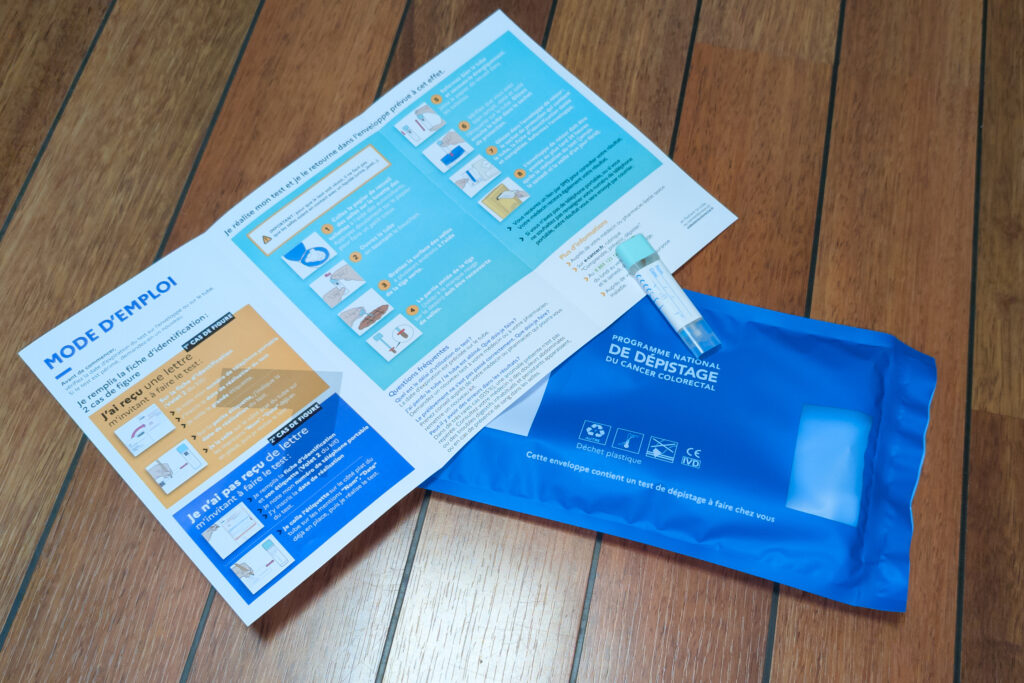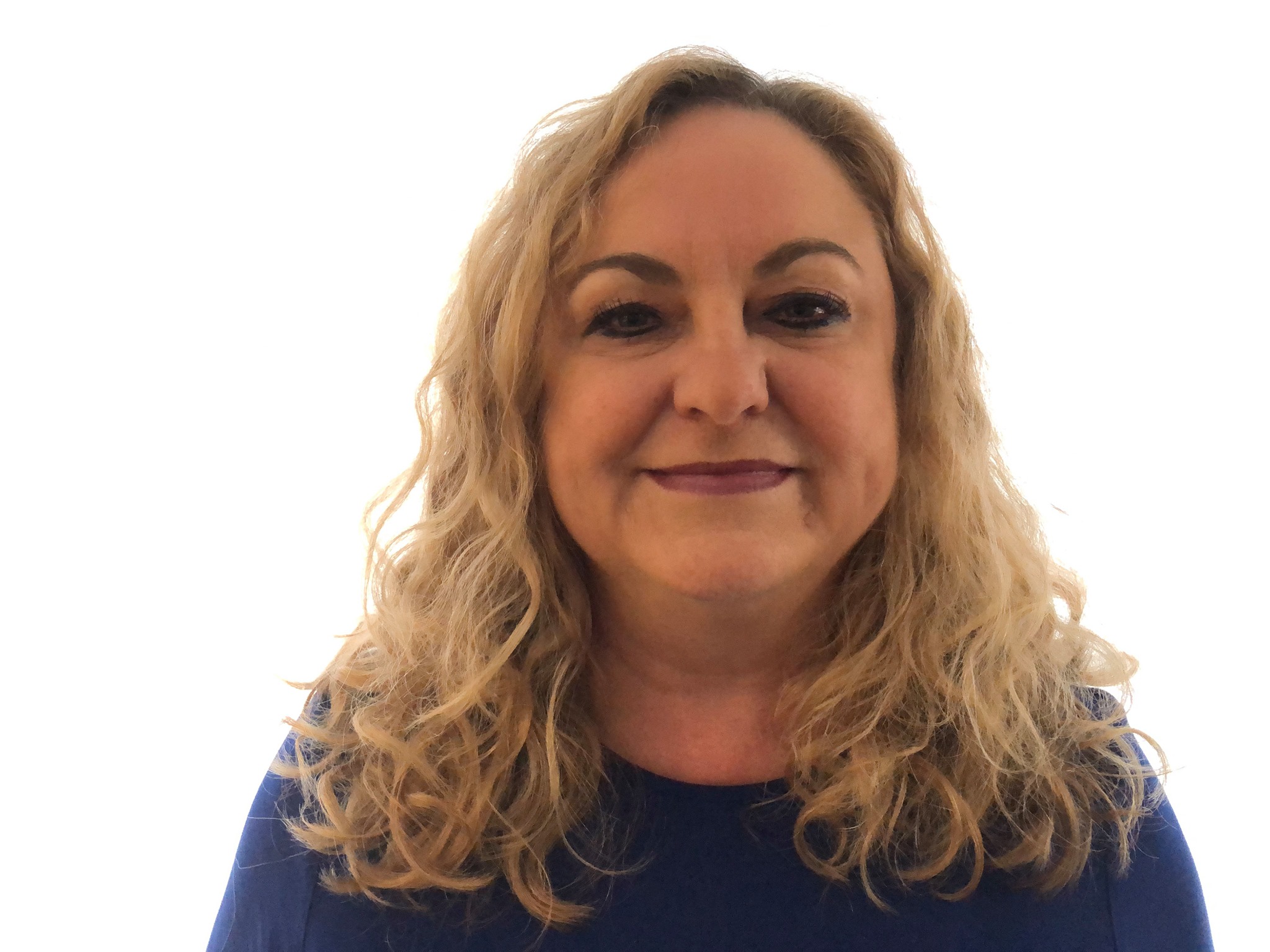Context
- Colorectal cancer is currently the third most common form of cancer in Quebec.
- Medical specialists are looking for solutions to improve the quality of endoscopy reports.
- The healthcare network is looking for scaleable solutions to maximize the reuse of assets already in production and reduce system costs.
Quebec organizations needed a system capable of:
- Reducing administrative burden.
- Ensuring optimal traceability for gastroenterologists and referring physicians.
- Improving inter-organizational collaboration through interoperable data.
Colorectal cancer is the third most common form of cancer in Quebec. It’s also one of the most preventable cancers thanks to early detection, including the identification of pre-cancerous polyps. As Quebec wants a screening program, colonoscopy report quality is a priority.
A budgetary environment requiring innovative solutions
The healthcare system’s needs are extensive, yet resources are limited.
In response to this challenge and the needs expressed as part of the Quebec government’s colorectal cancer screening program (PQDCCR) project, Enovacom is launching an innovative digital solution aligned with institutions’ digital transformation through the modernization of Quebec healthcare institutions’ approach by implementing endoscopy imaging in the government’s standardized endoscopy reporting project.


A solution already adopted by centers of excellence
Four healthcare institutions in Quebec have already implemented this innovative technology. These include the Centre hospitalier de l’Université de Montréal (CHUM) and the CISSS de la Montérégie Est. Said implementation underscores the platform’s relevance and effectiveness through three complementary solutions, namely Enovacom Integration Engine (EIE), Enovacom Patient Connect (EPC) and DICOM Izer.
Physicians are thrilled about the standardized colonoscopy reporting project, which includes quality assurance measures and integrated imagery management.
Enovacom”s platform significantly streamlines and improves the endoscopy consultation reporting process.
The system automates the escalation of images generated by any endoscopy device directly into the hospital patient file, while ensuring they are converted into appropriate formats (e.g., HL7 FHIR, DICOM).

This ensures interoperability and optimal compatibility with any hospital information system. Gastroenterologists can now combine endoscope imagery and their report in a single document without time-consuming manual editing prone to errors.
In addition, this platform can be implemented in a standardized manner in other Quebec institutions, thereby meeting an objective of the Ministère de la Santé et des Services Sociaux (MSSS).

This type of solution fits naturally into CHUM’s vision of an interoperable ecosystem, By fostering innovative solutions that may be replicated from one institution to the next, we are building a learning organization while avoiding starting from scratch with each project. The CHUM is proud to contribute to collaborations such as this where we can leverage the digital assets already in use at the CHUM and potentially across the network, as well as reduce technological silos.
Joanne Guay, Director, Clinical and Academic Computing at the CHUM.
Making a significant impact on quality of care
Enovacom’s comprehensive solution also aims to improve research by re-exploiting data collected during screenings. By cross-referencing data collected by endoscopy departments with national databases, the goal is to quickly identify unscreened citizens if the legislative context allows it.
Unlike other solutions, Enovacom’s solution and approach is 100% compatible with the digital health record (DSN) and fully within the scope of the DSN developed under the oversight of Santé Québec and the MSSS.
This data is now available almost instantaneously to institution managers, thereby facilitating and accelerating care and care pathways. Endoscopy reports enhanced with high-quality images could also be automatically transmitted to referring physicians, ensuring more accurate patient follow-ups.
From a clinical workflow perspective, this solution fills a critical gap between imaging and reporting. It could help reduce the risk of human error by standardizing documentation and ensuring that critical data—such as polyp characteristics and intervention methods—are rigorously recorded.
Clément Mainville, biomedical engineer within the biomedical engineering acquisition (BEA) department, CISSS de la Montérégie Est.

Standardizing this solution means it may be quickly rolled out to other healthcare facilities, creating a reproducible model for Quebec’s entire healthcare system. This consistent approach not only meets the MSSS’s need for standardized tool, but could also allow for better patient monitoring by facilitating the report’s transmission to the referring physician.
Strategic collaboration with the CETIC
As part of this digital transformation, the CETIC (IT center of expertise for cancer research) also played a key role. Specifically, it connected the clinical community, technology experts and government authorities to ensure consistent and safe integration adapted to real-world needs through Enovacom’s EPC, EIE and DICOM Izer.
Through its expertise, the CETIC helped to implement an interoperable solution capable of integrating into various hospital environments while meeting the Quebec health system’s clinical and regulatory requirements.

Investing in the future of public health in Quebec
Enovacom’s impact in colorectal cancer screening in Quebec extends beyond an operational framework. By partnering with Quebec-based solution providers, Enovacom is part of a broader, innovative vision and drive to contribute to the quality of colorectal cancer screening, a key factor in reducing the occurrence and prevalence of colorectal cancer.

At the operational level, this turnkey solution helps streamline healthcare institutions’ entire care pathway and generates significant benefits. Specifically, it helps optimize wait lists by targeting patients with a priority need for a colonoscopy, reduces administrative resources through automation, and cuts down on missed appointments through better scheduling management.
“As caregivers, we are saddened to see patients lost during follow-ups, empty appointment slots and no-shows. In fact, the latter two factors are one of the biggest impediments to our productivity,” said Dr. Mélanie Bélanger, President of the Quebec Gastroenterologists Association.
This is a great step towards a more modern and connected healthcare system. Today, plenty of patient follow-ups and care pathways are processed on paper. With the right digital tools, we could automate many steps, thereby leveraging technology to ensure a better flow of care and systematic follow-up of priority patients.
Georges Szczypiorski, Deputy Director, Information Systems at the CISSS de la Montérégie-Centre.

